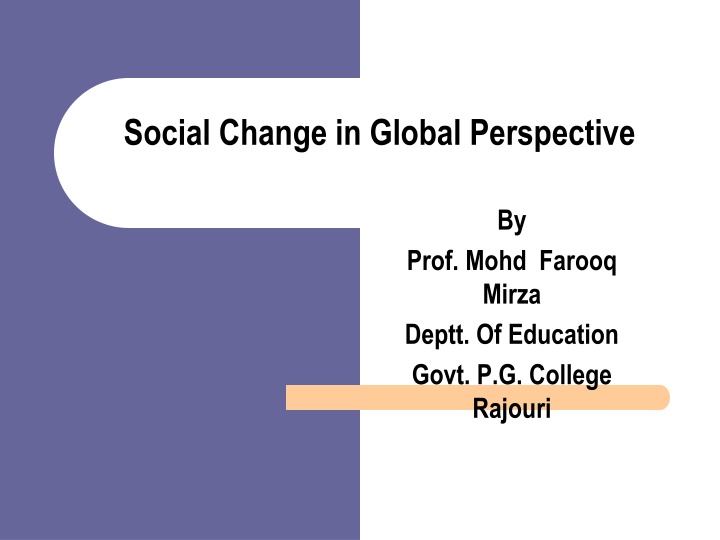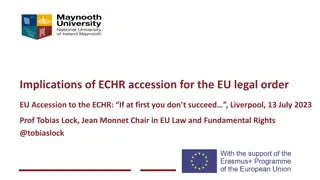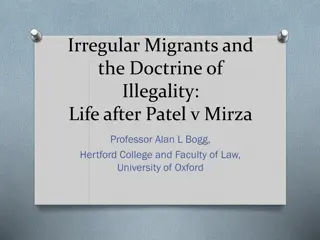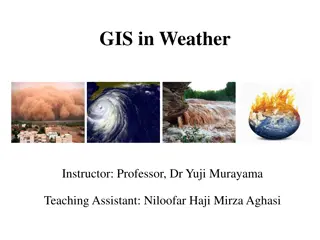
Social Change in a Global Context - Perspectives and Theories
Explore Professor Mohd Farooq Mirza's insights on social change in a global perspective, covering theories, causes, characteristics, and modernization. Delve into the Functional, Conflict, and Cyclical theories to comprehend the dynamics of societal transformations.
Download Presentation

Please find below an Image/Link to download the presentation.
The content on the website is provided AS IS for your information and personal use only. It may not be sold, licensed, or shared on other websites without obtaining consent from the author. If you encounter any issues during the download, it is possible that the publisher has removed the file from their server.
You are allowed to download the files provided on this website for personal or commercial use, subject to the condition that they are used lawfully. All files are the property of their respective owners.
The content on the website is provided AS IS for your information and personal use only. It may not be sold, licensed, or shared on other websites without obtaining consent from the author.
E N D
Presentation Transcript
Social Change in Global Perspective By Prof. Mohd Farooq Mirza Deptt. Of Education Govt. P.G. College Rajouri
Presentaion Outline What is Social Change? Theories of Social Change The Causes of Social Change Modernization Global Theories of Social Change Diversity, Globalization and Social Change
Characteristics of Social Change 1. Social change is uneven. 2. The onset and consequences of social change are often unforeseen. 3. Social change often creates conflict. 4. The direction of social change is not random.
Functionalist Theory of Social Change Societies change from simple to complex, from undifferentiated to highly differentiated division of labor. Technology is the primary cause of social change.
Conflict Theory of Social Change Conflict is an inherent component of social relations. Economic conflict between social classes is the cause of social change.
Cyclical Theory of Social Change Societies go through a life cycle or life span. The necessity for growth is the primary cause of social change.
Cyclical Theory: Three Phases 1. Idealistic culture - society wrestles with the tension between the ideal and the practical. 2. Ideational culture - emphasizes faith and new forms of spirituality. 3. Sensate culture - stresses partial approaches to reality and involves the hedonistic.
Causes of Social Change Collective Behavior Cultural Diffusion Technological Innovation Social Movements Inequality Population War
Characteristics of Modernization Decline of small, traditional communities. Traditional ties of kinship decrease and society experiences feelings of uncertainty and powerlessness. Decline in importance of religious institutions and people begin to feel they have lost control of their lives.
Global Theories of Social Change Globalization involves increased interconnectedness that can erase or magnify cultural differences. Modernization Theory - global development is a worldwide process affecting all societies touched by technological change.
Global Theories of Social Change World Systems Theory - nations are members of a worldwide system of unequal political and economic relationships. Dependency theory - industrialized nations tend to imprison developing nations through trade and debt dependency.
Diversity and Social Change Diversity is both a cause and an effect of social change. Diversity as a cause of change is exemplified in immigration effects. Diversity as an effect of change is exemplified by unequal outcomes of modernization on different ethnic groups.
THANK YOU THANK YOU


















